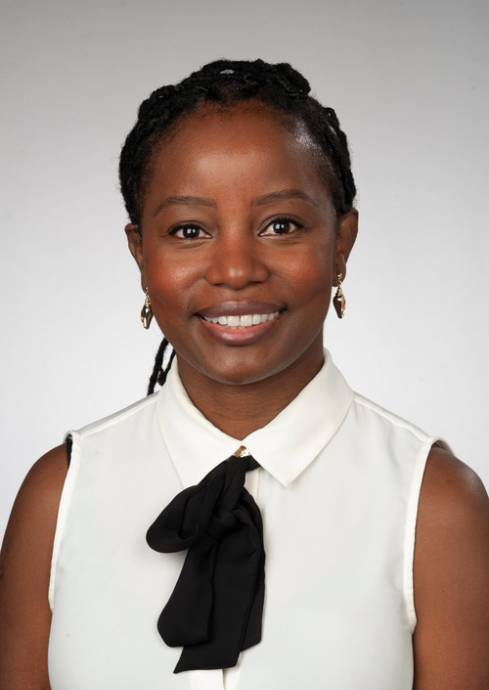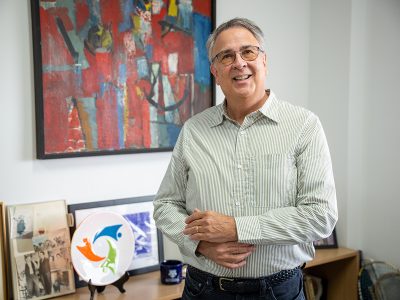Falk’s Miriam Mutambudzi Furthers Research on Health Disparities Among Older, Vulnerable Populations
From late 2007 until mid-2009, economies around the world plunged into a market decline known as the Great Recession–the most severe economic crisis since the Great Depression in the 1930s.
In the United States, unemployment rates skyrocketed, housing prices and stock portfolios plummeted, and the lives of millions were disrupted. More than 30 million individuals lost their jobs, and the rate of long-term unemployment doubled its historical high.
This past summer, Miriam Mutambudzi, an assistant professor in the Department of Public Health in the Falk College of Sport and Human Dynamics, received a National Institutes of Health (NIH) grant to conduct a two-year study on the effect of the Great Recession on older adults.
Specifically, the project aims to assess the combined impact of pre-recession and Great Recession precarity (uncertainty/insecurity) on employment and working conditions for older workers. In addition, the study is investigating how these economic factors–together with psychosocial working conditions–have differently influenced health biomarker trajectories and mortality outcomes by race, potentially shedding light on the disproportionately adverse outcomes observed among Black adults post-recession.

This study builds on Mutambudzi’s established research program, which views work as an important structural determinant of health. She will publish the findings of this NIH-funded study, and examples of her past publications can be found on her biography page.
The impact of Mutambudzi’s research on the social determinants of health is felt throughout the campus as she is a Faculty Affiliate of the Center for Aging and Policy Studies, the Aging Studies Institute, and the Lerner Center for Public Health Promotion and Population Health in the Maxwell School of Citizenship and Public Affairs.
This past fall, Mutambudzi was selected as the 2024-26 Lender Center for Social Justice Faculty Fellow. In that role, Mutambudzi and Lender Student Fellows are exploring how Black adults who reside in historically redlined neighborhoods can experience a disadvantaged occupational life course and subsequent health consequences.
We reached out to Mutambudzi to learn more about her current research project.
Why is this research important to you?
This area of research highlights how structural inequities, particularly in the labor market, perpetuate health disparities. By examining the cumulative impact of work-related disadvantages, i.e., precarity and poor working conditions, I aim to show the pathways through which these factors exacerbate racial and gender-based health inequities among older adults.
Understanding these mechanisms aligns with my broader commitment to addressing health inequities as structural issues rooted in systemic injustice.
What is the scope of your current study and how are you collecting your data?
The study focuses on older adults aged 50 and above. Data are drawn from the Health and Retirement Study (HRS) from 2006-2020, supplemented with HRS-linked Occupational Information Network Data (O*NET).
What are you looking for when you examine this data?
I am looking to better understand how pre-recession and Great Recession precarity independently and cumulatively affect health biomarker trajectories such as hbA1c, cholesterol, C-reactive protein and systolic blood pressure, as well as all-cause mortality. I am particularly interested in identifying racial and gender disparities in these effects and understanding how job strain and cumulative precarity interact to influence health outcomes.
How can your findings be used to help mitigate the impact of economic factors on older and Black adults?
The findings can be leveraged to inform policy interventions that address the structural barriers that perpetuate health disparities among older vulnerable populations. For example, policies aimed at improving working conditions and strengthening social safety nets during economic downturns.
How does this research tie in with your role as the Lender Center for Social Justice Faculty Fellow and your project with Student Fellows?
Both projects underscore the long-term health consequences of structural racism and economic marginalization. Insights from this R03 can improve our understanding of how occupational inequities compound the challenges faced by residents of historically redlined neighborhoods (a R03 grant is an NIH-funded program that supports smaller-scale research projects over a two-year period).


